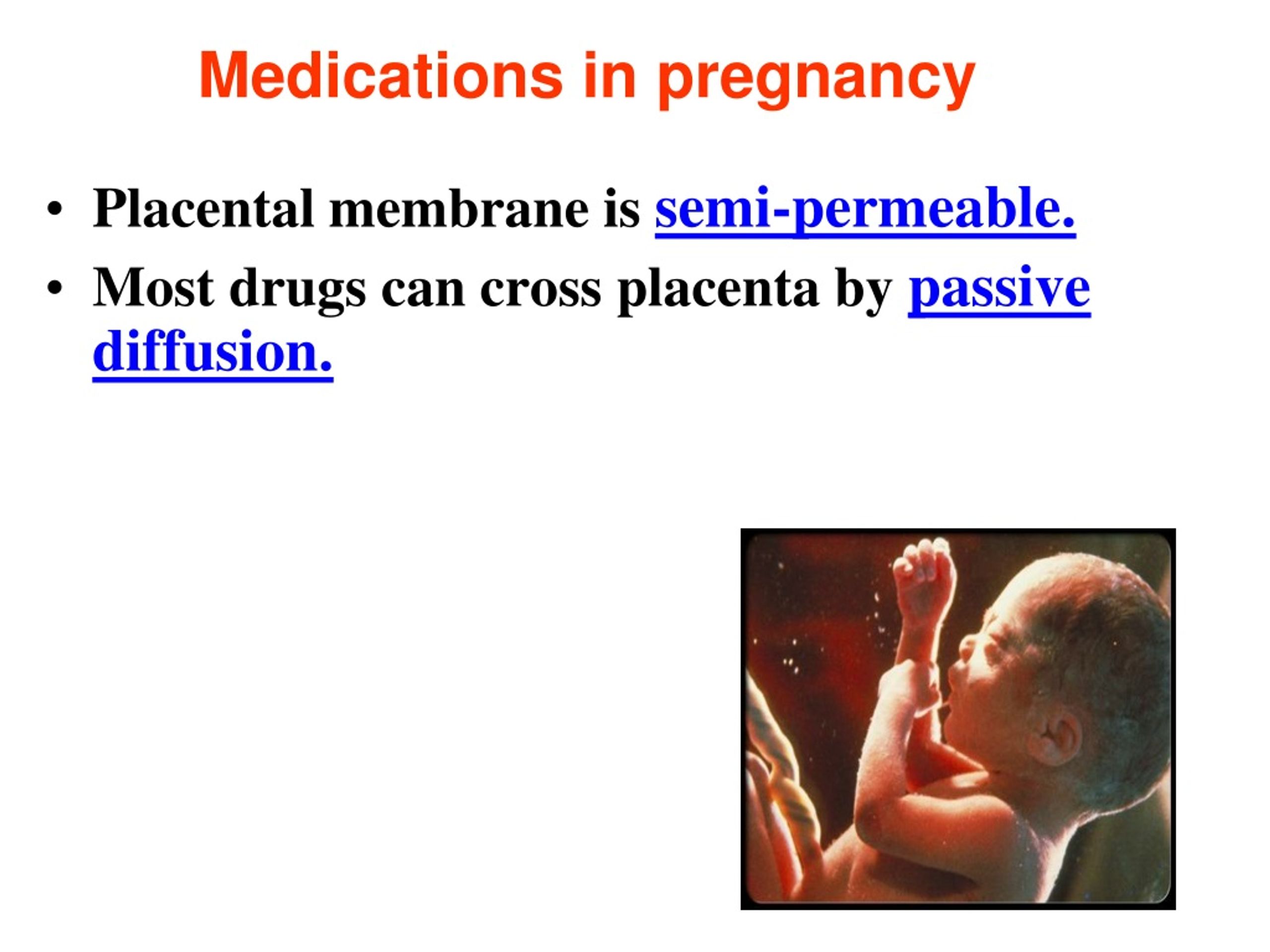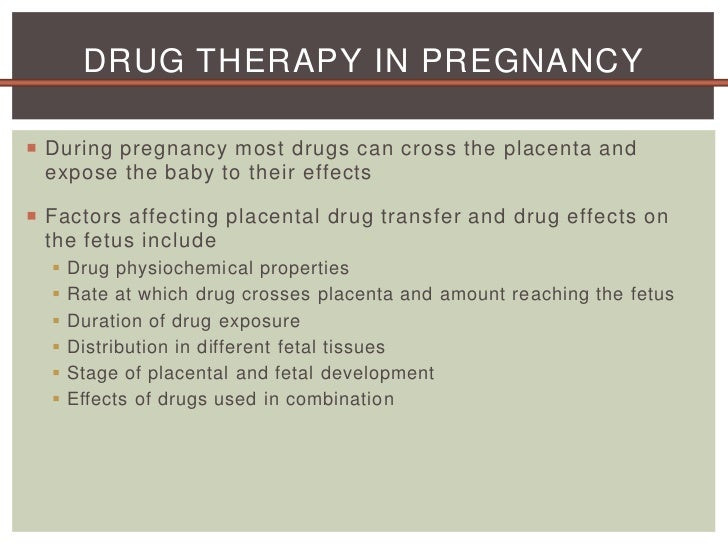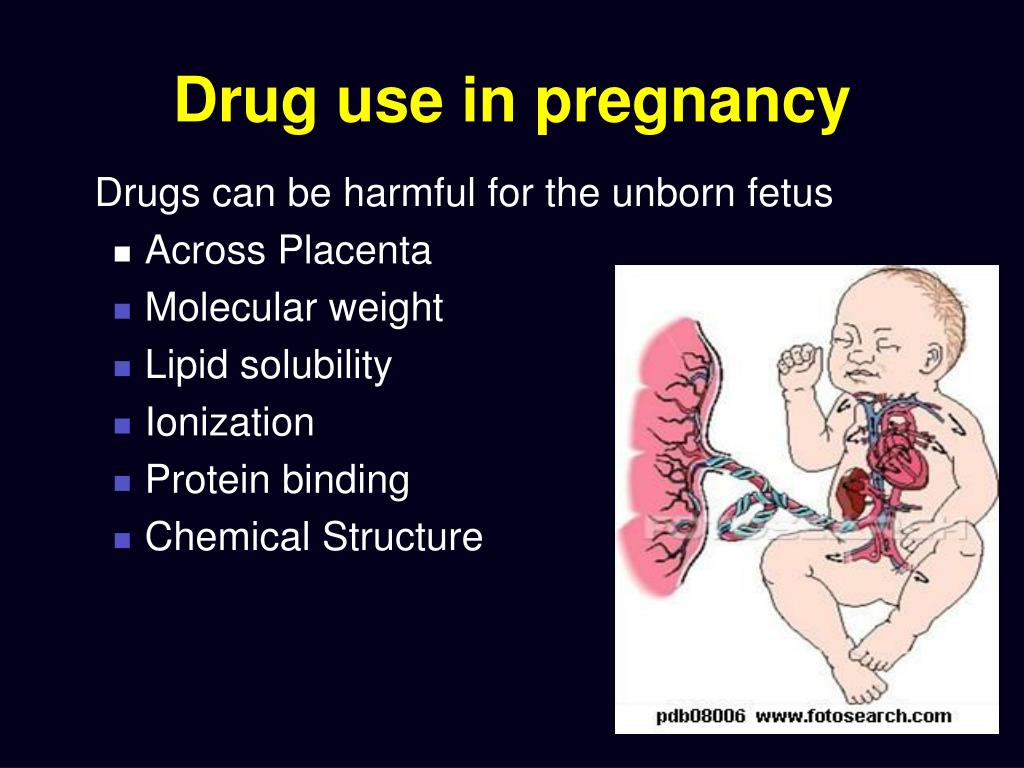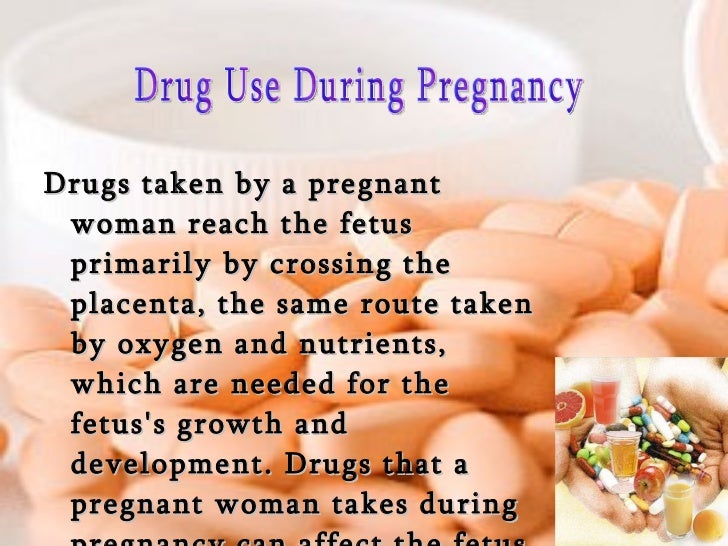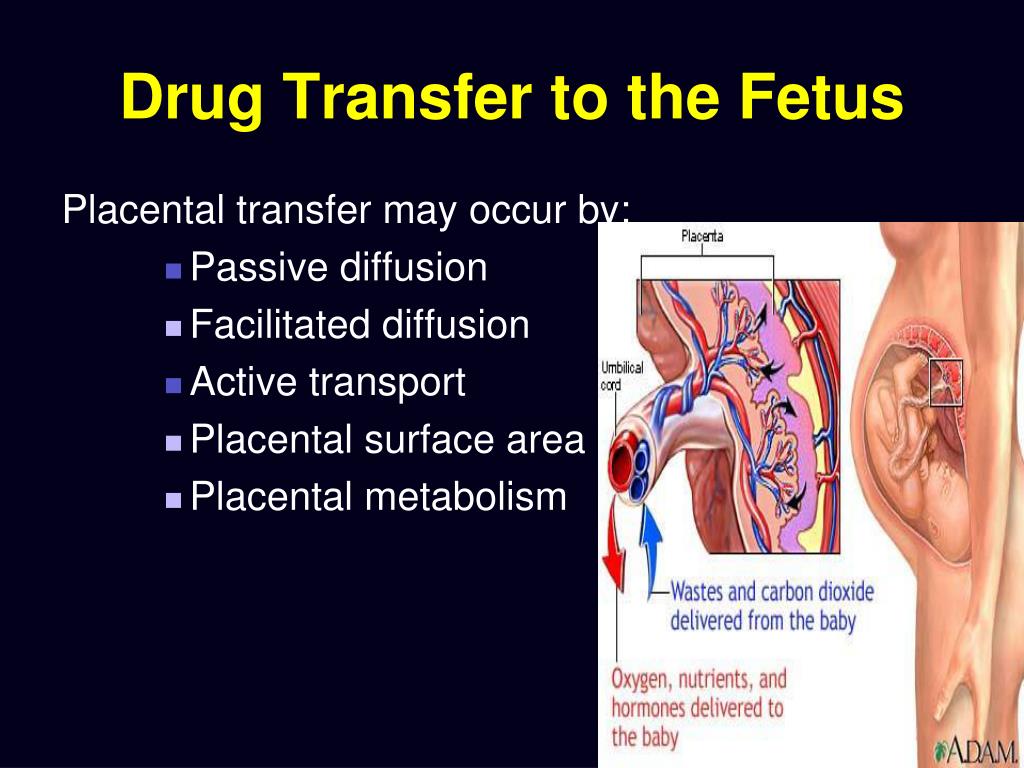Which Situation Occurs When Drugs Cross The Placenta During Pregnancy - The correct answer is (b). Once inside the developing fetus, the drugs block the uptake. Some drugs that cross the. In addition, these drugs were thought to cross the placenta, most probably via diffusion. Not all medications or other substances in the maternal circulation cross the placenta (transfer) to the fetus. Passive diffusion of a drug across the placenta is favored for a drug that is lipophilic, allowing it to cross the phospholipid bilayer. Ion trapping occurs when maternal alkalosis allows nonionized drugs to cross the placenta, and fetal acidosis.
Some drugs that cross the. Not all medications or other substances in the maternal circulation cross the placenta (transfer) to the fetus. Once inside the developing fetus, the drugs block the uptake. Ion trapping occurs when maternal alkalosis allows nonionized drugs to cross the placenta, and fetal acidosis. In addition, these drugs were thought to cross the placenta, most probably via diffusion. The correct answer is (b). Passive diffusion of a drug across the placenta is favored for a drug that is lipophilic, allowing it to cross the phospholipid bilayer.
Some drugs that cross the. Not all medications or other substances in the maternal circulation cross the placenta (transfer) to the fetus. The correct answer is (b). In addition, these drugs were thought to cross the placenta, most probably via diffusion. Passive diffusion of a drug across the placenta is favored for a drug that is lipophilic, allowing it to cross the phospholipid bilayer. Ion trapping occurs when maternal alkalosis allows nonionized drugs to cross the placenta, and fetal acidosis. Once inside the developing fetus, the drugs block the uptake.
Placenta crossing substances MEDizzy
In addition, these drugs were thought to cross the placenta, most probably via diffusion. Some drugs that cross the. Ion trapping occurs when maternal alkalosis allows nonionized drugs to cross the placenta, and fetal acidosis. The correct answer is (b). Once inside the developing fetus, the drugs block the uptake.
Drugs safety in pregnancy
The correct answer is (b). Not all medications or other substances in the maternal circulation cross the placenta (transfer) to the fetus. In addition, these drugs were thought to cross the placenta, most probably via diffusion. Passive diffusion of a drug across the placenta is favored for a drug that is lipophilic, allowing it to cross the phospholipid bilayer. Ion.
PPT Teratogens and drugs of abuse in pregnancy PowerPoint
Ion trapping occurs when maternal alkalosis allows nonionized drugs to cross the placenta, and fetal acidosis. Once inside the developing fetus, the drugs block the uptake. Not all medications or other substances in the maternal circulation cross the placenta (transfer) to the fetus. In addition, these drugs were thought to cross the placenta, most probably via diffusion. Passive diffusion of.
Pregnancy and pharmacology
Some drugs that cross the. The correct answer is (b). Not all medications or other substances in the maternal circulation cross the placenta (transfer) to the fetus. Passive diffusion of a drug across the placenta is favored for a drug that is lipophilic, allowing it to cross the phospholipid bilayer. Ion trapping occurs when maternal alkalosis allows nonionized drugs to.
PPT EFFECT OF MATERNAL DRUGS ON FETUS PowerPoint Presentation, free
Once inside the developing fetus, the drugs block the uptake. Passive diffusion of a drug across the placenta is favored for a drug that is lipophilic, allowing it to cross the phospholipid bilayer. Some drugs that cross the. Not all medications or other substances in the maternal circulation cross the placenta (transfer) to the fetus. In addition, these drugs were.
Drugs safety in pregnancy
Ion trapping occurs when maternal alkalosis allows nonionized drugs to cross the placenta, and fetal acidosis. Once inside the developing fetus, the drugs block the uptake. Some drugs that cross the. The correct answer is (b). In addition, these drugs were thought to cross the placenta, most probably via diffusion.
PPT EFFECT OF MATERNAL DRUGS ON FETUS PowerPoint Presentation, free
Once inside the developing fetus, the drugs block the uptake. In addition, these drugs were thought to cross the placenta, most probably via diffusion. Passive diffusion of a drug across the placenta is favored for a drug that is lipophilic, allowing it to cross the phospholipid bilayer. Ion trapping occurs when maternal alkalosis allows nonionized drugs to cross the placenta,.
Pregnancy With Drugs
In addition, these drugs were thought to cross the placenta, most probably via diffusion. Once inside the developing fetus, the drugs block the uptake. Not all medications or other substances in the maternal circulation cross the placenta (transfer) to the fetus. Passive diffusion of a drug across the placenta is favored for a drug that is lipophilic, allowing it to.
Medications during pregnancy
Passive diffusion of a drug across the placenta is favored for a drug that is lipophilic, allowing it to cross the phospholipid bilayer. Once inside the developing fetus, the drugs block the uptake. Not all medications or other substances in the maternal circulation cross the placenta (transfer) to the fetus. The correct answer is (b). Ion trapping occurs when maternal.
Drug transport across the human placenta review of placentaonachip
Once inside the developing fetus, the drugs block the uptake. Passive diffusion of a drug across the placenta is favored for a drug that is lipophilic, allowing it to cross the phospholipid bilayer. Some drugs that cross the. Ion trapping occurs when maternal alkalosis allows nonionized drugs to cross the placenta, and fetal acidosis. The correct answer is (b).
Some Drugs That Cross The.
In addition, these drugs were thought to cross the placenta, most probably via diffusion. Passive diffusion of a drug across the placenta is favored for a drug that is lipophilic, allowing it to cross the phospholipid bilayer. Once inside the developing fetus, the drugs block the uptake. The correct answer is (b).
Ion Trapping Occurs When Maternal Alkalosis Allows Nonionized Drugs To Cross The Placenta, And Fetal Acidosis.
Not all medications or other substances in the maternal circulation cross the placenta (transfer) to the fetus.


